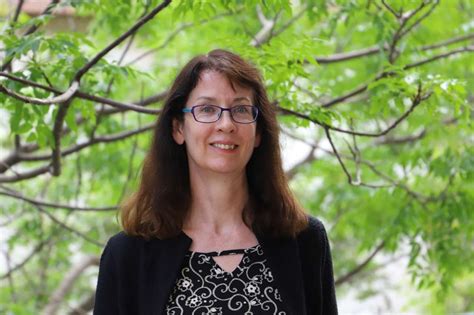A Quote by Robert F. Engle
I agree with a lot of the points in Taleb's book, but I don't agree with many of his conclusions. It seems to me that he rightly points out that risk managers miss a lot of the risks, but the conclusion is that he draws, is that we should abandon risk management, whereas my conclusion is we should improve it.
Related Quotes
Given the central role of effective, firmwide risk management in maintaining strong financial institutions, it is clear that supervisors must redouble their efforts to help organizations improve their risk-management practices...We are also considering the need for additional or revised supervisory guidance regarding various aspects of risk management, including further emphasis on the need for an enterprise-wide perspective when assessing risk.
To laugh is to risk appearing a fool. To weep is to risk appearing sentimental. To reach out to another is to risk involvement. To expose feelings is to risk exposing your true self. To place your ideas and dreams before a crowd is to risk their loss. To love is to risk not being loved in return. To hope is to risk pain. To try is to risk failure. But risks must be taken, because the greatest hazard in life is to risk nothing.
The risk of developing carcinoma of the lung increases steadily as the amount smoked increases. If the risk among non-smokers is taken as unity and the resulting ratios in the three age groups in which a large number of patients were interviewed (ages 45 to 74) are averaged, the relative risks become 6, 19, 26, 49, and 65 when the number of cigarettes smoked a day are 3, 10, 20, 35, and, say, 60-that is, the mid-points of each smoking group. In other words, on the admittedly speculative assumptions we have made, the risk seems to vary in approximately simple proportion with the amount smoked.
Just as a moral distinction is drawn between "those at risk" and "those posing a risk", health education routinely draws a distinction between the harm caused by external causes out of the individual's control and that caused by oneself. Lifestyle risk discourse overturns the notion that health hazards in postindustrial society are out of the individual's control. On the contrary, the dominant theme of lifestyle risk discourse is the responsibility of the individual to avoid health risks for the sake of his or her own health as well as the greater good of society.




































